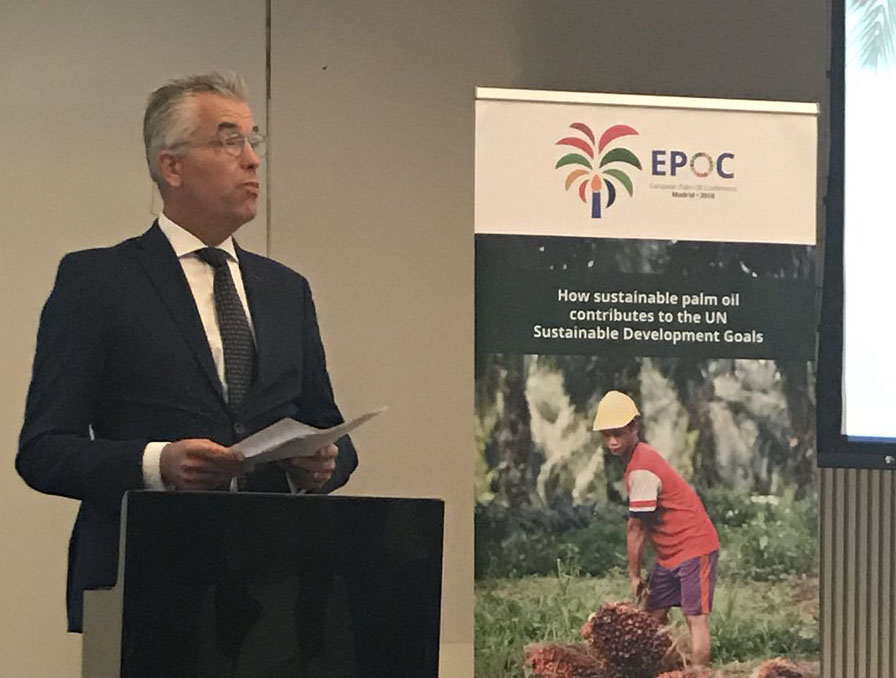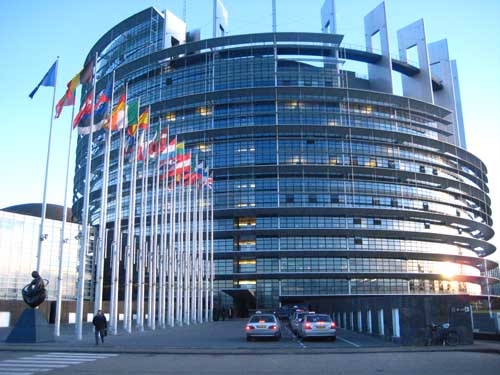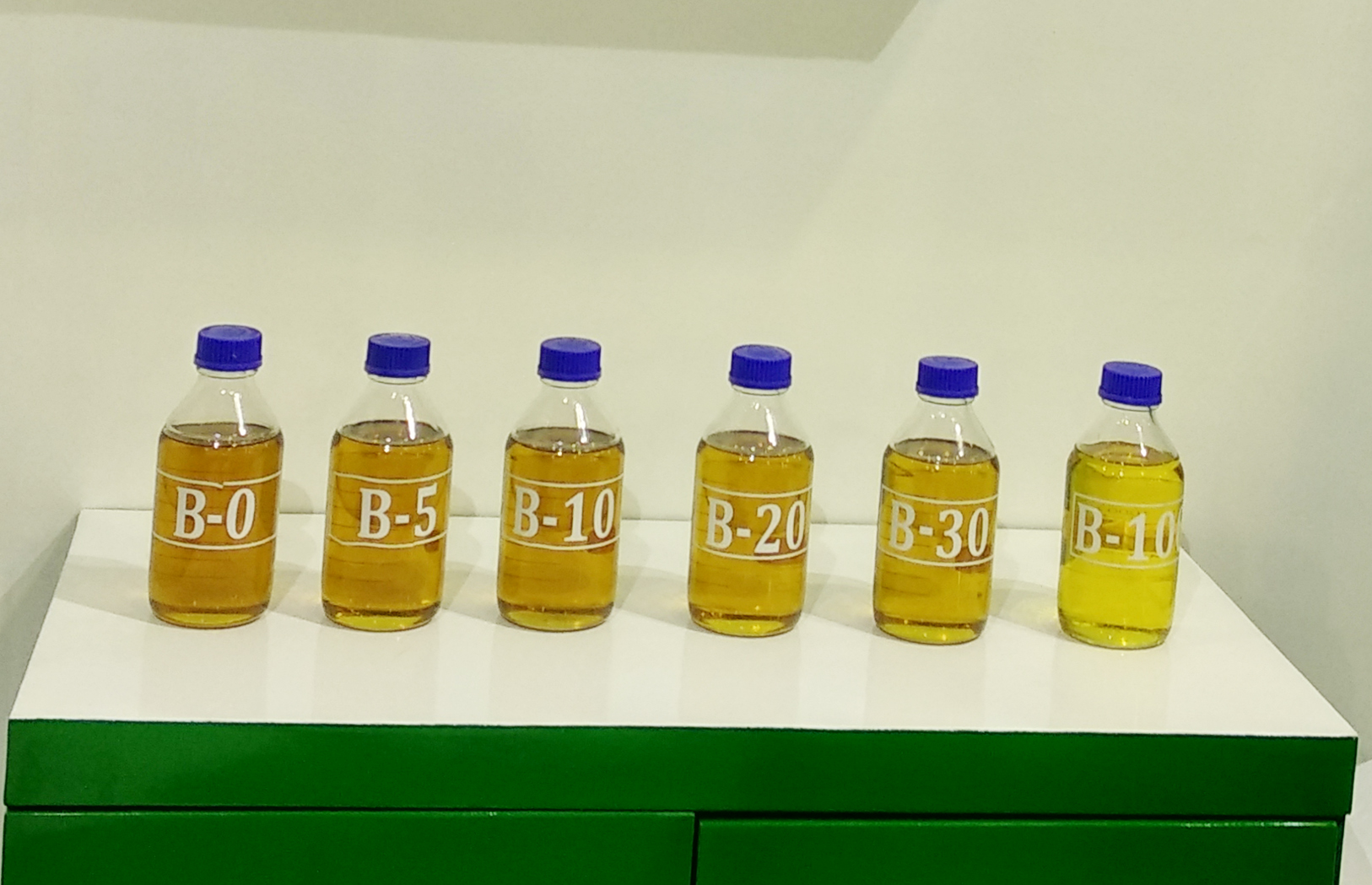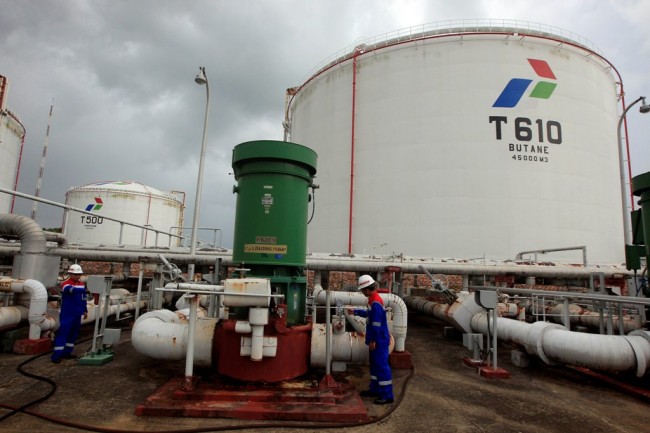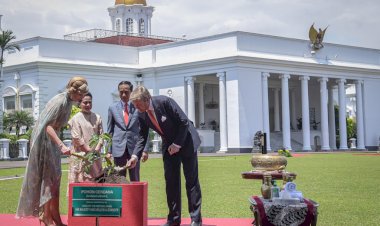Indonesia Pioneers Co-processing to Convert Palm Oil into Gasoline
Indonesia is developing green gasoline and LPG (Liquified Petroleum Gas) as viable alternative to fossil-based fuels, initiated by Bandung Institute of Technology (ITB) in collaboration with PT Pertamina (persero).
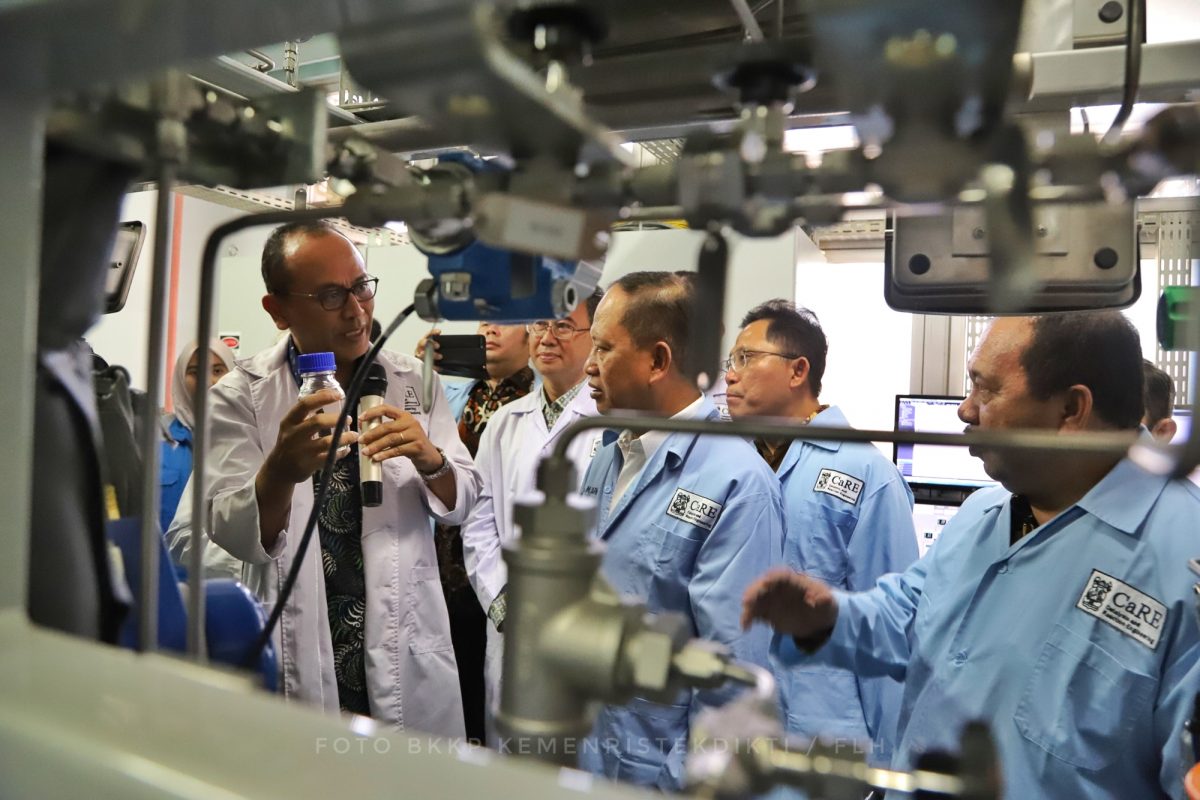
Indonesia is developing green gasoline and LPG (Liquified Petroleum Gas) as viable alternative to fossil-based fuels, initiated by Bandung Institute of Technology (ITB) in collaboration with PT Pertamina (persero).
“Indonesia is the pioneer of gasoline production from palm oil using co-processing technology. Palm oil is mixed in refinery through cracking process using Merah Putih catalyst which is also our own production. It generates gasoline and LPG at the end of the process,” Head of Research and Development at Ministry of Energy and Mineral Resources Dadan Kusdiana said in Jakarta, Saturday (13/4/2019) as quoted by Sindonews.
Co-processing is a method to produce green fuels by processing biofuels with fossil-based fuels simultaneously to convert them into green hydrocarbon (green gasoline, green diesel, or bioavtur).
Dadan claimed that Indonesia is the first country that generates gasoline from palm oil through co-processing. The process that make it difference to traditional one is co-processing uses existing petroleum refinery process units while others build new units. Some countries like United States, Italy, and Uni Arab Emirates are also developing palm oil for gasoline. However, production in these countries is limited to standalone refineries. “They don’t use co-processing technology but use standalone refineries. We are the first to use co-processing,” Dadan added.
Talking about the price, Dadan said that palm oil-based gasoline defends on the price of raw material which is crude palm oil. “There will be price mechanism which will deliver mutual benefit by providing incentives or other schemes because we all know that current palm oil price is more expensive than fuels.” ***


